
Create Games Faster and Smarter with Generative AI
In game design, AI can be used for a range of purposes, at every stage from concept to implementation. This looks at the first stages – Concept to Prototyping. […]

In game design, AI can be used for a range of purposes, at every stage from concept to implementation. This looks at the first stages – Concept to Prototyping. […]
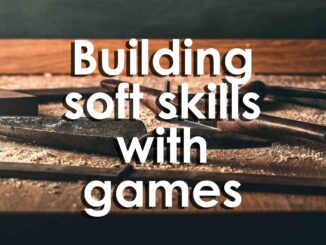
Games are capable of helping students learn any number of different skills more intuitively than they would from traditional classroom instruction. […]
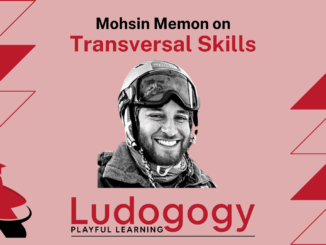
Next on our podcast is our good friend Mohsin Memon! Mohsin is passionate about creating games that help people learn and change through immersive experiences. His flagship game Evivve leads teams through the process of saving, or not saving the human race, and unlocks all sorts of insights about the way they are working, along the way.
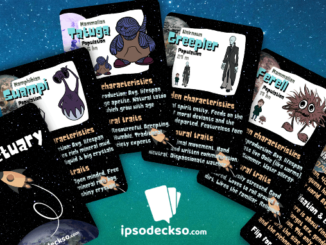
This Diversity and Inclusion deck and a glimpse into a possible future where humanity in a desperate bid for survival, has sought sanctuary amongst the stars. […]

currently, games have little to gain from gamification. In most cases, it isn’t necessary for game designers and developers to get interested in gamification. […]

Can anything be a game? I think the answer is probably ‘Yes’, and I want to try out the idea that ‘real-life’, e.g. work, can be deliberately designed gamefully […]

Games are an effective way to cultivate SEL (social-emotional learning) skills such as critical thinking, problem solving, and communication. […]
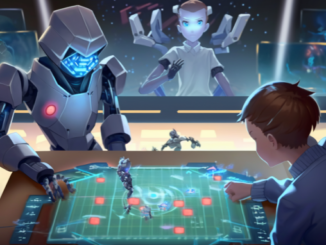
Midjourney and ChatGPT are powerful AI tools that have the potential to revolutionise both the game and learning design process. Let’s see what they can do. […]

In 1986 Honey & Mumford put forward the idea of four different Learning Styles – Activist, Reflector, Theorist & Pragmatist, and described how they each behave. […]

Street Wisdom is a wanderful combination of walking, mindfulness and inquiry question, which really appeals, because it is inherently playful in its approach. […]

Motivation is a important research area, in many social science fields including psychology.The ‘how-to’ of creating immersion, has to be carefully considered. […]

The core loop is the primary game system or mechanic which defines your game – the element of the game that players remember most or engage with most often. […]

How do the use of game mechanics relate to learner engagement in the context of serious games? Does more game experience necessarily mean greater engagement? […]
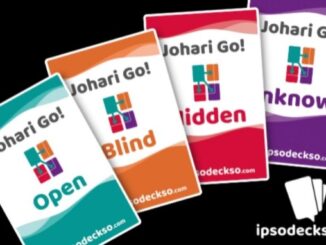
This time we are getting a few tips on how to use one of the decks, the Johari Go! Deck, to facilitate members of teams to get to know one another. […]

Our third Ludogogy podcast guest is Elizabeth Hargrave! Often inspired by a love of nature, and perhaps best known for Wingspan, her award-winning first game. Its innovative central mechanic, Engine Building, makes it perfect for our monthly them of ‘Engines’.
Ludogogy 2025